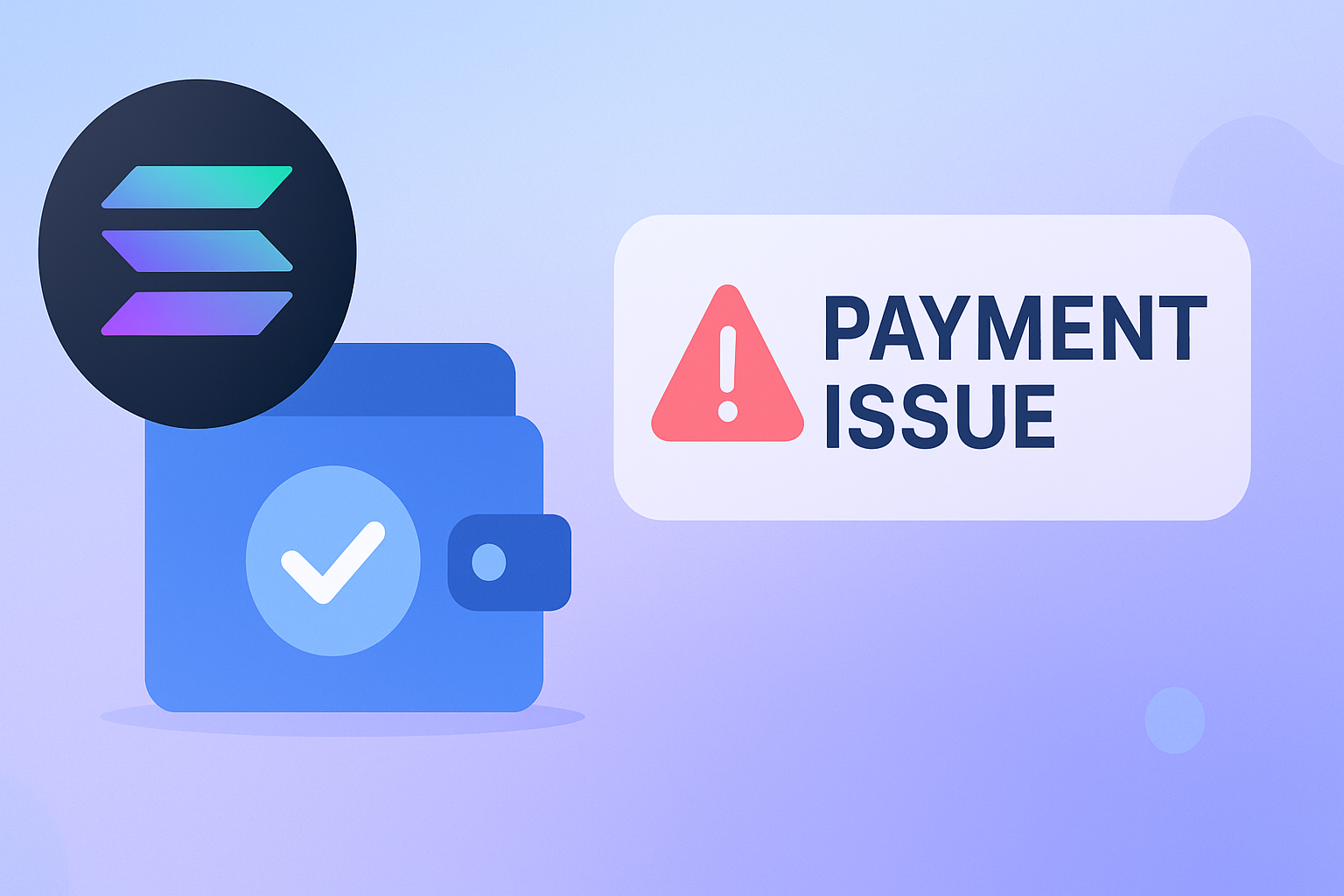If you have ever used mobile proxies, you may have noticed that they behave a little differently. Mobile proxies are great for web scraping, managing profiles, or keeping your online activity private, but they are not the same as residential or datacenter proxies. Here are seven things about them that might surprise you.
1. Fraud scores do not mean what you think
You may have seen tools giving mobile IPs a high fraud score and assumed that the IP is risky or unreliable. The truth is that most mobile IPs naturally get high scores. This happens because mobile carriers often share a single IP among hundreds or even thousands of users, so the score reflects shared usage rather than suspicious activity.
It is also important to remember that many fraud scoring tools are commercial products designed to sell themselves. They often make the IP look riskier than it really is to encourage people to buy their service. Websites cannot simply block an IP just because it has a high fraud score. If they did, they would block thousands of real mobile users. A high fraud score usually does not indicate a real problem with the IP and should not cause unnecessary concern.
2. Fingerprint matters more than the IP
Even if your IP is perfect, websites can still block you if your browser or device fingerprint looks unusual. Mobile proxies help because their IPs look natural, but your device setup also needs to behave like a real user. This includes things like browser version, screen size, and even installed fonts. Fingerprints are just as important as the IP itself, so paying attention to these details can make a big difference.
3. IPs change naturally
Do not be surprised if your IP changes unexpectedly. Mobile networks often shift devices between IPs without any user action. This can happen when you move between cell towers, switch mobile bands, drive on a motorway, or even reconnect to the network. Mobile IPs are not static, so some rotation is normal and should be expected. Understanding this helps avoid confusion when you see your IP change mid-session.
4. CGNAT explains some unusual behavior
Mobile carriers use something called CGNAT, which stands for Carrier-Grade Network Address Translation. This means your device shares a pool of IPs with other users. Depending on network load and routing, you might get a different IP even if you have not requested one. This explains why a proxy test might show one IP one minute and a completely different IP the next. This is normal behavior for mobile networks and not a problem with the proxy itself.
5. Mobile proxies are difficult to block
Websites rarely block mobile IP ranges because doing so would block thousands of real users. This makes mobile proxies much more resilient compared to fixed residential or datacenter IPs. Even if your IP changes naturally, the traffic still appears like normal user activity. This resilience is one of the key reasons mobile proxies are highly effective.
6. Location is not always exact
GeoIP services cannot always pinpoint the location of a mobile IP with precision. Sometimes the IP might appear in a nearby city or even a neighboring country. This does not mean your proxy is inaccurate. Mobile traffic often passes through regional hubs, so some variation in location is expected. Despite this, the proxy still behaves like a real mobile device in terms of network routing and performance.
7. They’re real device connections and great value
Mobile proxies use the same IP ranges as everyday smartphone users, making the traffic look natural and minimizing the risk of blocks. Even when your IP rotates, it blends seamlessly with normal network activity. In terms of value for money, mobile proxies are as close as you can get to a genuine device connection, giving you reliable performance without overspending.
Final Thoughts
Mobile proxies are different, sometimes unpredictable, but extremely useful. Understanding how they behave helps you avoid confusion, get better performance, and take full advantage of their benefits. Once you know what to expect, you can confidently use mobile proxies for automation, scraping, privacy, and other tasks without worrying about unexpected IP changes or high fraud scores. They are powerful tools when used with the right approach and understanding.





